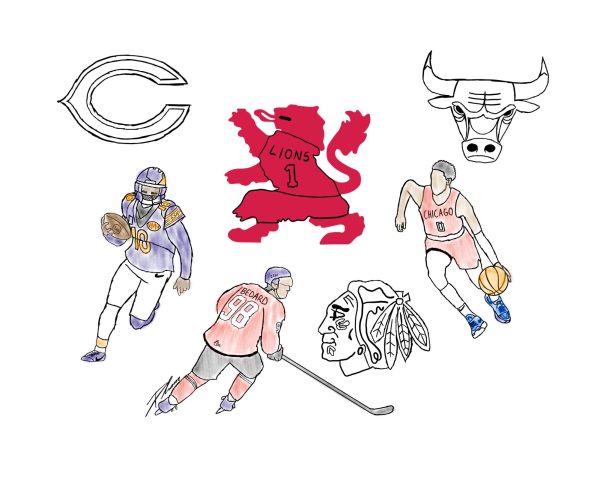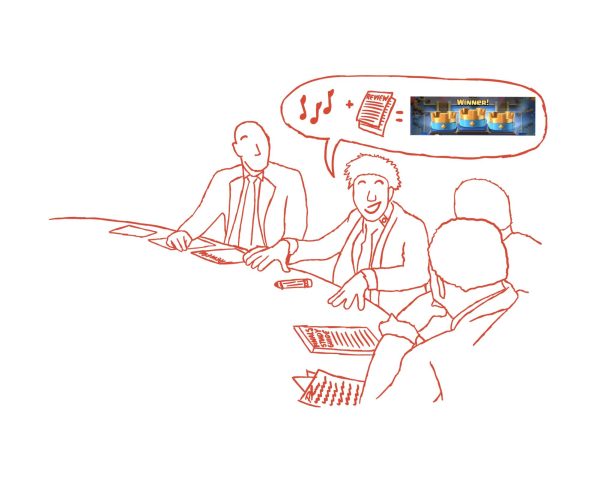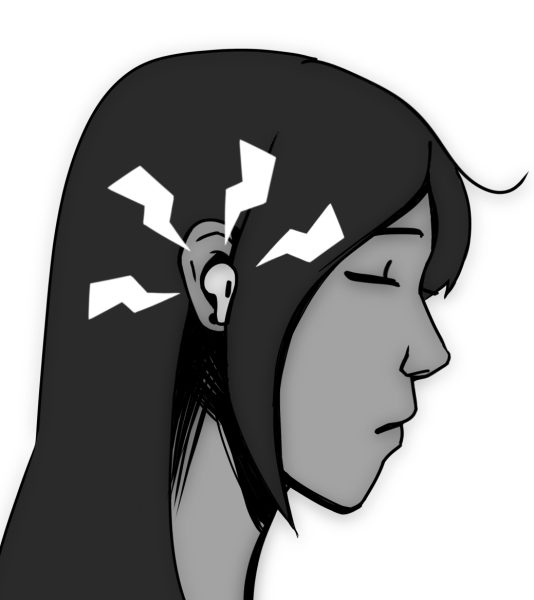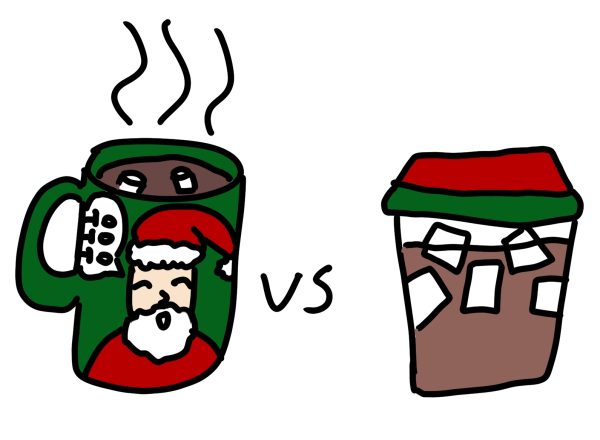Unlocking secrets of high school hierarchy
Everyone knows the hierarchy exists, but no one is willing to speak up.
In the 14th century, the Ming family believed that they were chosen by God to rule China. In the 21st century, some teens feel like they are chosen to rule the school.
Among high school students, there seems to be an unwritten rule of superiority: there will always be students on top and students on bottom, and no person shall step out of their social class. They subconsciously create this social status to claim who is popular and who is not, but why? Why does it happen? Do people even notice that it is occurring, and if so, why do people simply let it happen?
In the world of high school, a boy or girl can feel as if they are a peasant or a royal, but they will never say how they feel. The kid who feels like a peasant could be afraid to stand up and demand to be treated equally, and the kid who feels like a royal could be afraid to be dethroned. With the fear to speak up, students become intimidated to mention that this occurs in school.
An anonymous senior said, “There is a hierarchy of students,” and she is not the only one who notices. “Almost everyone does, except for those on top.”
If everyone notices, then why does no one stand up for equality among students? Well, the popular kids run the social scene in school. They are what is talked about and heard about among the unknown crowd. If they do not like what is being said about them in the halls, the superior are able to shut down a single thing anyone says. For example, a boy can go up to a higher-status junior boy and ask, “Why do you feel like you are better than everyone around you? Why do you not give people the same attention you give your clique?” The person with the higher social status can shut down the remark and make the other person feel like a moron for asking an honest and fair question.
It seems like when kids enter high school, everyone finds their place in the social ladder within a couple weeks, but how does something like that get determined with no one even discussing a word about their place in the hierarchy?
An anonymous freshman said, “My sibling told me to be exclusive with whom I hang out with,” but is the influence of others the only reason it occurs, or is there more?
An anonymous senior said, “The popularity of someone is determined by how attractive he or she is or how many people of the opposite sex that person talks to.” This senior has a point when saying this. Everyone aspires to be the prettiest and get the most girls or boys because it gives them the attention and satisfaction they yearn for, and the attention a person receives is what gives that person a feeling of higher superiority.
Also, an anonymous teacher said, “The popular crowd has a condescending attitude and look down on kids based on the things they do not have.” The idea that kids feel empowered based on the things they have or do not have goes along with the notion that social status is based on appearance. People want the nicest clothes, phones and cars, all to gain attention.
Let’s go back to the idea of royals and peasants. A royal could have the world, and that makes them feel as if they are more superior to those with less. A peasant could have a very minimalistic lifestyle and feel inferior when in the presence of someone who has more. This all goes back to high school and who is in the in crowd and who is left out. Those who gain the most attention always seem to rise, and those who give the attention always seem to be left on the ground.
Now, knowing the hierarchy exists and how it is formed, will it ever be diminished from high school? The sad but true answer is no. There are ways to decrease the appearance of the hierarchy, but it will never truly vanish. One way to combat this is to just be aware of who is around us and focus on the connections we make with people instead of focusing on the materialistic side of a person. This may to be hard to do, but time and maturity will make it easier.
Your donation will support the student journalists of Saint Viator High School. Your contribution will allow us to purchase equipment and cover our annual website hosting costs.








